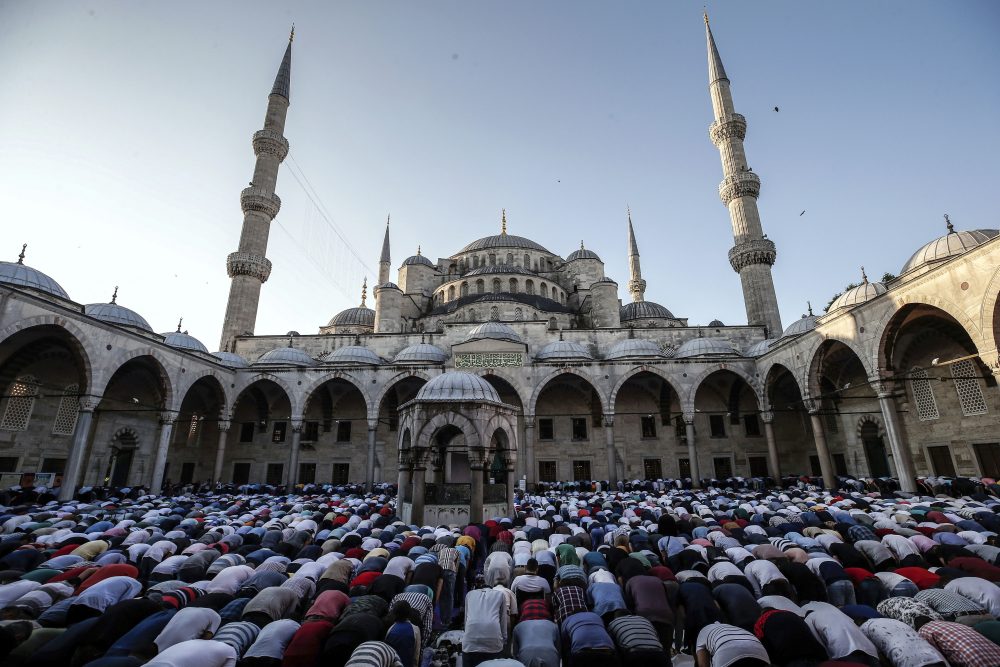بِسْمِ اللهِ الرَّحْمٰنِ الرَّحِيْمِ
Here is a short reminder about the basic Islamic etiquette when dealing with purchases or sales, the Prophet (ﷺ) said: May Allah show mercy to a man who is kind when he sells, when he buys, and when he makes a claim. [Bukhari]
We see today that many transactions occur in such a bad manner especially in cases where prices are negotiable for an item or service. Our ego gets in the way – we find the buyer is extremely harsh and rude; the seller treats the buyer in such an ugly manner; the person claiming a refund or retrieving a loan from someone is very aggressive. The prophet (ﷺ) in this hadith made a dua, that the one who refrains from such negativity and deals with people kindly will be shown mercy by Allah – and let us not forget that his dua is always accepted.
Let us be of those who treat people with respect when buying or selling an item or service and let us be respectful when making claims even when we are in the right. The people we deal with not only see us as human beings, but also see us representing Islam. If we deal with others with bad manners it will push them away from our deen, Muslims and non-Muslims alike.
Islam is a responsibility of us all, not only in our worship of Allah but also in our conduct. If our conduct is ugly, then how are we truly worshipping? The prophet (ﷺ) said:
“He who is deprived of kindness is deprived of goodness.” [Muslim]
“O Aisha, Allah is gentle and He loves gentleness. He rewards for gentleness what is not granted for harshness and He does not reward anything else like it.” [Muslim]
Allah knows best.

![77 branches of Islam [52-56]](https://islam.mansouri.online/wp-content/uploads/2019/07/branches_10.jpg)

![77 branches of Islam [47-51]](https://islam.mansouri.online/wp-content/uploads/2019/07/branches_9.jpg)

